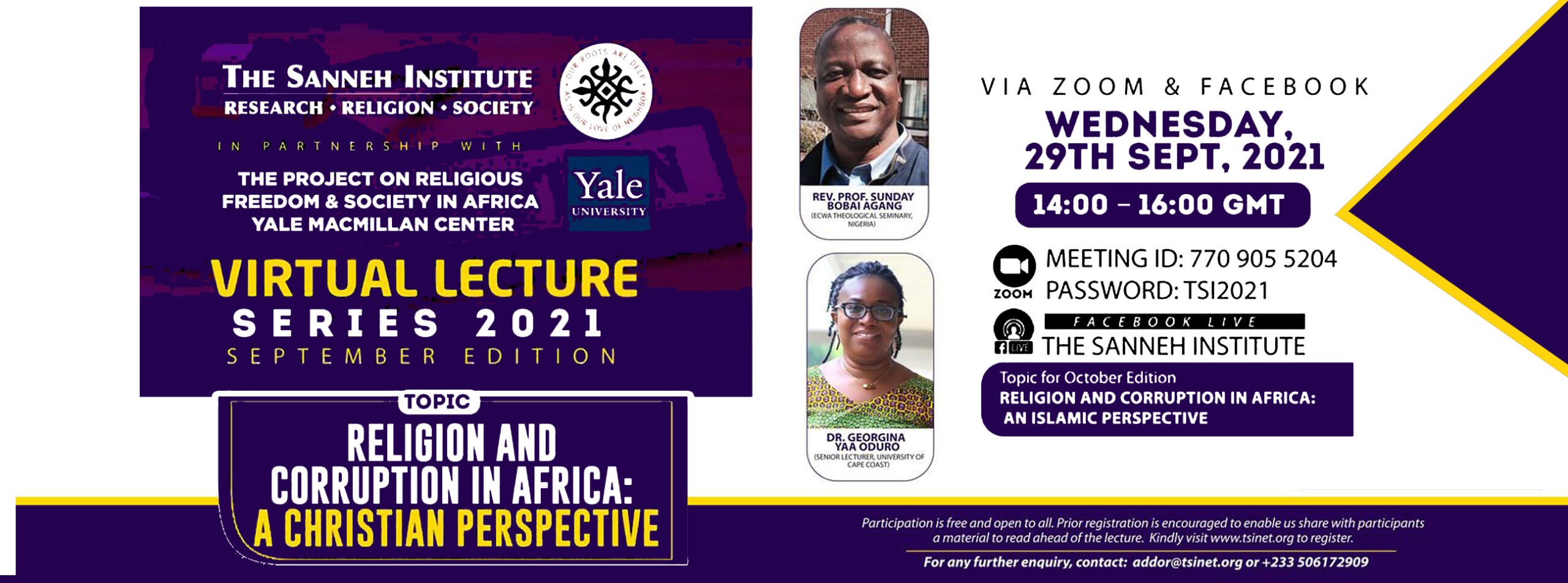Throughout history, the interplay between religion and corruption has been an evolving narrative, a poignant tapestry woven with threads of aspiration, power, and human frailty. Religion, in its laudable intent to elevate the human spirit and foster unity among mankind, sometimes becomes ensnared in the very vices it strives to transcend. This paradox invites an earnest exploration into why religions succumb to corruption and how the Baha’i teachings present a remedial framework that redirects the spiritual compass of humanity.
At its inception, religion serves as a potent catalyst for moral and ethical comportment. It allows individuals to conceive of a higher purpose, guiding them toward altruism and communal cohesion. Yet, as history amply demonstrates, the human propensity for greed and ambition can distort this noble enterprise. Metaphorically speaking, religion is akin to a pristine river: it has the potential to nourish and sustain life. However, when tainted by the refuse of avarice or unchecked authority, its waters become brackish, inhibiting growth and breeding despair.
The genesis of corruption in religious contexts often traces back to the consolidation of power within hierarchical structures. When a select few assume dominion over spiritual narratives, the initial egalitarian ethos embedded in core religious tenets can become obscured. This usurpation alters the original intent, morphing divine directives into tools for manipulation used to impose control. Lay followers may find themselves ensnared in dogmas that prioritize the edicts of authority over authentic spiritual living, leading to disillusionment and a fracture in communal ties. Baha’u’llah, the founder of the Baha’i Faith, offers a vista of reform by contesting these antiquated structures, advocating instead for universal participation and inclusivity.
Furthermore, the temporal allure of wealth and influence can be a gravitational force that distorts sacred teachings. The temptation to commodify faith—transforming spiritual journeys into mere transactional engagements—strips religion of its profundity. When faith becomes synonymous with material accumulation, or when ritual supplants genuine spiritual experience, it risks devolving into a mere façade. The Baha’i teachings reject these pitfalls by emphasizing the principle of service to others and the pursuit of collective well-being. In this paradigm, the focus shifts from personal gain towards a more expansive vision of community upliftment, thereby reinforcing the integrity of faith.
In addressing the complexities of ideological corruption, it’s essential to recognize that human frailties are seldom eradicated entirely. Hence, the Baha’i teachings advocate for an unwavering commitment to the pursuit of knowledge and truth. This emphasis on education serves as a bulwark against the encroaching shadows of corruption. In this context, knowledge is akin to a lighthouse guiding ships through treacherous waters—illuminating the path toward understanding and eradicating the ambiguity that often breeds distortion. Baha’is uphold the idea that an educated individual is better equipped to discern truth from falsehood, subsequently safeguarding their spiritual integrity.
Another compelling aspect of Baha’i teachings is the principled stance on the oneness of humanity. This fundamental belief calls for the dismantling of prejudicial barriers, whether they be racial, religious, or socio-economic. When individuals perceive themselves as integral parts of a single global tapestry, divisive impulses lose their currency. Corruption thrives in spaces marked by division and discord. By fostering unity, the Baha’i teachings enact a profound intervention, facilitating a collective moral awakening that rises above individual interests.
The metaphor of the garden is particularly evocative in explaining the Baha’i view of religion and its potential for renewal. A garden, properly tended, can yield a plethora of blossoms, enriching the environment and serving as sustenance for all. Conversely, neglect leads to weeds overtaking the soil, choking creativity and vitality. The Baha’i perspective emphasizes that the cultivation of spiritual virtues—compassion, justice, and generosity—nourishes the communal garden of humanity, ensuring that it flourishes rather than falters.
Corruption in religion also often arises from the inertia that accompanies established practices. The Baha’i teachings advocate for an innovative approach to spirituality, where doctrines are not static, but rather dynamic, evolving alongside the needs of societies. Embracing change allows communities to discard outdated practices that no longer serve their purpose and to adopt new, liberating ideals. This adaptability lies at the heart of the Baha’i teachings, ensuring they remain relevant and profound in addressing contemporary challenges.
Moreover, Baha’i ethics underscore the vital importance of accountability. In a healthy spiritual ecosystem, transparency and mutual responsibility foster an environment where corruption finds little fertile ground. Community members are encouraged to uphold ethical standards, scrutinize their leaders, and engage in open dialogue. This collective vigilance acts as a safeguard against the corrosive forces of narcissism and entitlement that can infiltrate institutions.
In summary, the intersection of religion and corruption reflects an age-old struggle that continues to resonate in the modern world. The Baha’i teachings, with their emphasis on inclusivity, education, community, and accountability, offer a transformative pathway toward healing these divisions. By reimagining religion not just as a set of beliefs but as a living, active force for good, Baha’is aspire to create a global environment where spiritual integrity prevails over corruption—a verdant garden where all can thrive, nurtured by the unwavering light of truth and compassion.
